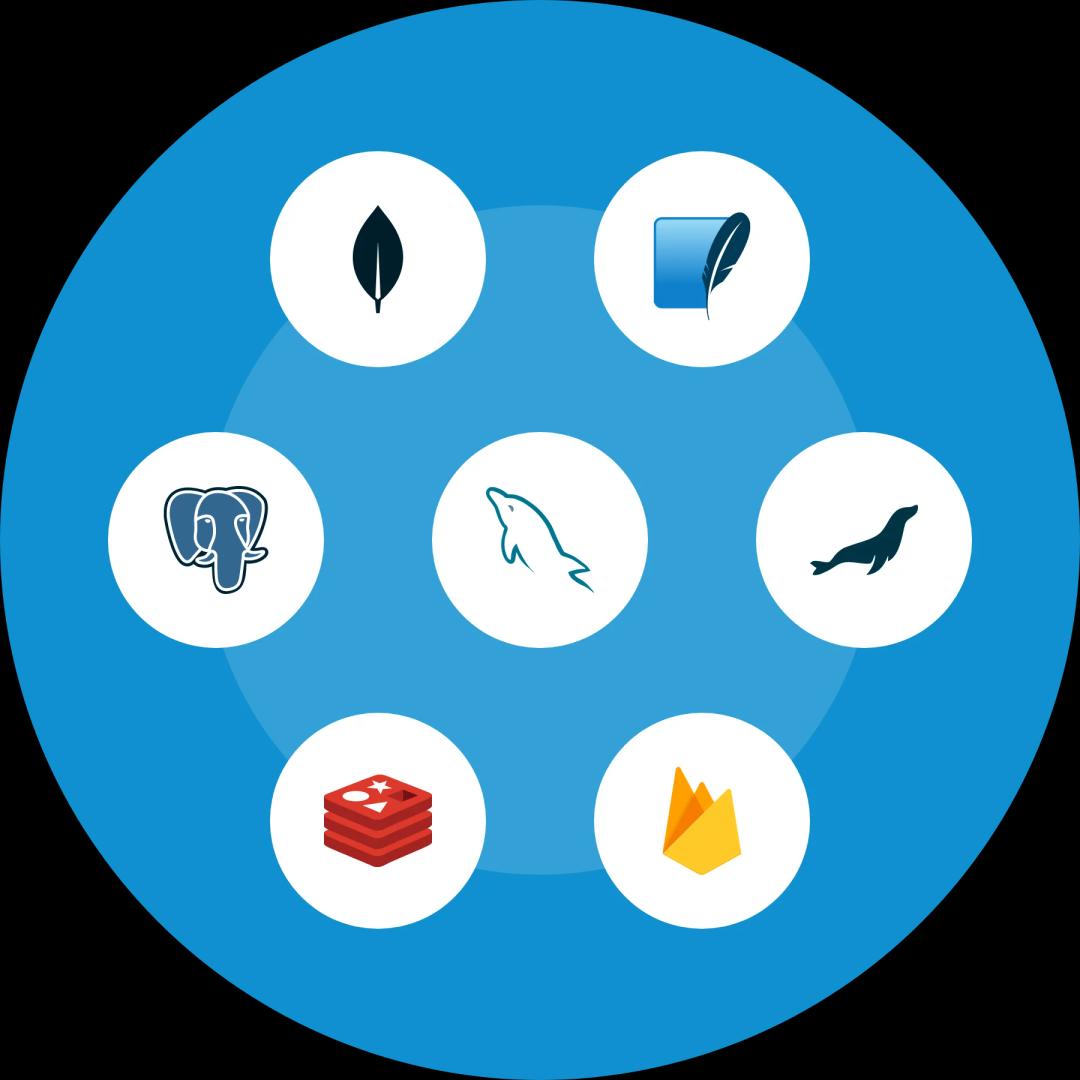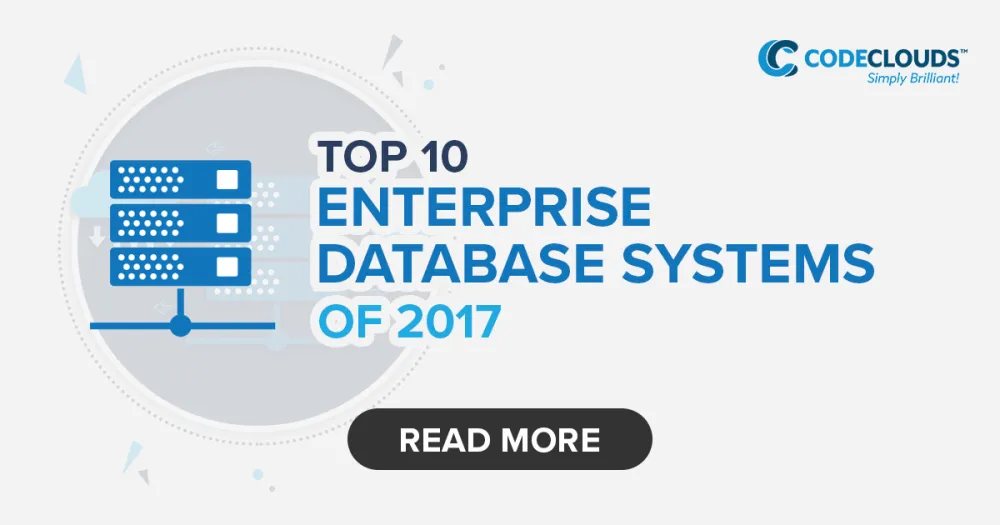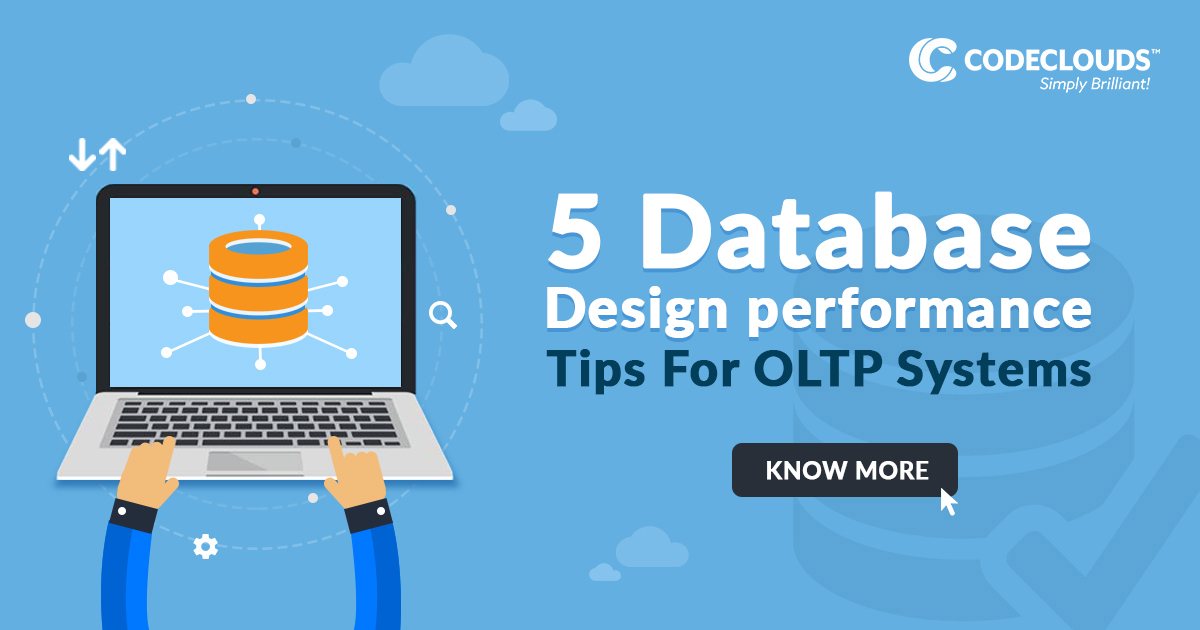Your Database Programming Developers For Hire
We started in 2009 with just a handful of people, and since then we’ve developed literally thousands of software applications. If you have a problem, we’ve probably seen it before.
The best solution for someone else isn’t always the best solution for you. We have the knowhow to develop custom solutions for you when appropriate.
We have several developer plans available with predictable monthly rates for development resources.
Our Vetted Database Developers for Hire
Web Developer
Web Developer
- Response CRM
- Microsoft Azure
Web Developer
- Python
- Docker
- Django
- Laravel
Web Developer
- ExpressJS
- sticky.io
- JavaScript
- BigCommerce
- Next Commerce
- Konnektive CRM
Team Lead
- Kotlin
- Docker
- ASP.NET
- Angular
- MongoDB
- Google Cloud
- Digital Ocean
Web Developer
Web Developer
- Angular
- Laravel
- WordPress
- JavaScript
- WooCommerce
- BigCommerce
- Konnektive CRM
Engineer - Web
Senior Web Developer
- Google Cloud
- Digital Ocean
- Next Commerce
Python Developer
Web Developer
- Laravel
- Symfony
- Node.js
- Shopify
- Angular
- BigCommerce
Node.js Developer
- Sublytics
- ExpressJS
Web Developer
Web Developer
- Response CRM
- Microsoft Azure
Web Developer
- Python
- Docker
- Django
- Laravel
Web Developer
- ExpressJS
- sticky.io
- JavaScript
- BigCommerce
- Next Commerce
- Konnektive CRM
Team Lead
- Kotlin
- Docker
- ASP.NET
- Angular
- MongoDB
- Google Cloud
- Digital Ocean
Web Developer
Find Database developers near me
Our Database Development Services
Database Consulting
Our database developers will make sure that you have the right choice in database technology and setup for your project.
Support and Maintenance
We can provide ongoing support for your database, making sure it will continue to operate smoothly for years to come.
Database Migration
Do you have an existing database you want to migrate to a different technology? We can handle that. Our database consultants and developers will make sure you end up with a more reliable and better performing setup.
Cloud Database Services
We can develop cloud database solutions for your business powered by the right technology for your project.
Relational Database
Our development team can make well crafted structured SQL databases for your project.
NoSQL Databases
Get a scalable and high performance non structured database with our database development services.
See what our database developers can do for you
Sign up and fill out the form for an account. Our team will then contact you and schedule a time to chat!
When we know more about your project, we’ll build you a team with the skills you need for success.
Your talent will start working with you on your projects. Need more talent? Scale your team in an instant!
Flexible Hiring Models for Database Programmers
Hourly Starting From $22/hr
Billing is based on the time the developer spends on your project. This model allows for flexibility, and with our experts projects are completed efficiently.
Dedicated Resources
Ideal for long-term projects requiring continuous collaboration. Our team works exclusively on your project and is hired on a permanent basis for ongoing support.
Enterprise
After assessing your requirements and the project’s complexity, CodeClouds provides a set price along with the estimated time for completion.
Clients trust our expertise
Why hire our database programmers?
Our database developers have the skills and experience needed to provide the most reliable and scalable database solution based on the right technology for your project’s requirements.
Vetted Talent
Only the best make it through our rigorous vetting process.
Affordable Quality
Save 40% when hiring remote talent compared to in-house.
Grow On-Demand
Get additional talent on your team in an instant without disruption.
100% Transparency
Know when your team is working and their progress each day.
Seamless Collaboration
We match your timezone with a minimum of 4 hours overlap.
Risk & Obligation-Free
Get the very best outcome without hassle or constraints.
Top skills for your team
In need of more talent to complete your development team? Here are a few skills that can go hand-in-hand with your project requirements.
Related Skills

Common Questions
A structured database, also called a relational database, follows a strict, predefined schema that organizes data into tables that have rows and columns. Reliability is ensured with atomicity, consistency, isolation, and durability principles. Structured Query Language (SQL) is used to retrieve and manipulate data. Structured databases also support complex relationships between data using foreign keys and joins.
A NoSQL database is a non-relational database that stores and retrieves data without a defined schema. These databases are more flexible and optimized for scalability and better handle unstructured data. It prioritized availability and partition tolerance over strict consistency. They support a variety of data models like document databases, column stores, graph databases, and key-store values.
Structured databases scale vertically and NoSQL scales horizontally. What this means is in order to make a structured database faster, you need faster hardware. With NoSQL, the horizontal scaling means you can scale simply by adding more nodes.
Which you use all depends on the type of data you are storing, how it’s being queried, and what kind of load you expect on the database.
ACID (Atomicity, Consistency, Isolation, Durability) is a set of key principals that databases follow to ensure data integrity and reliability.
Atomicity
This ensures that a transaction is a single, indivisible unit. The transaction either completes fully or not at all. If any part of the transaction fails, the operation is rolled back for data integrity.
Consistency
This guarantees that a transaction will maintain integrity of the database by ensuring it transitions from one valid state to another. If a transaction doesn’t follow the database's rules, for example a 0 in a field that does not allow a 0 value, the transaction is denied instead of completing.
Isolation
Ensures that multiple simultaneous transactions do not affect each other. This prevents data conflicts, like assigning something multiple times that is meant to be unique. There are different isolation levels that have tradeoffs between data integrity and performance.
Durability
Chances must be permanent. Once a transaction is recorded, it should survive sudden system crashes or total system loss through power loss or other means. In short, don’t write only to memory. Techniques like write-ahead logging, replication, and checkpointing are used to ensure this requirement is met.
















